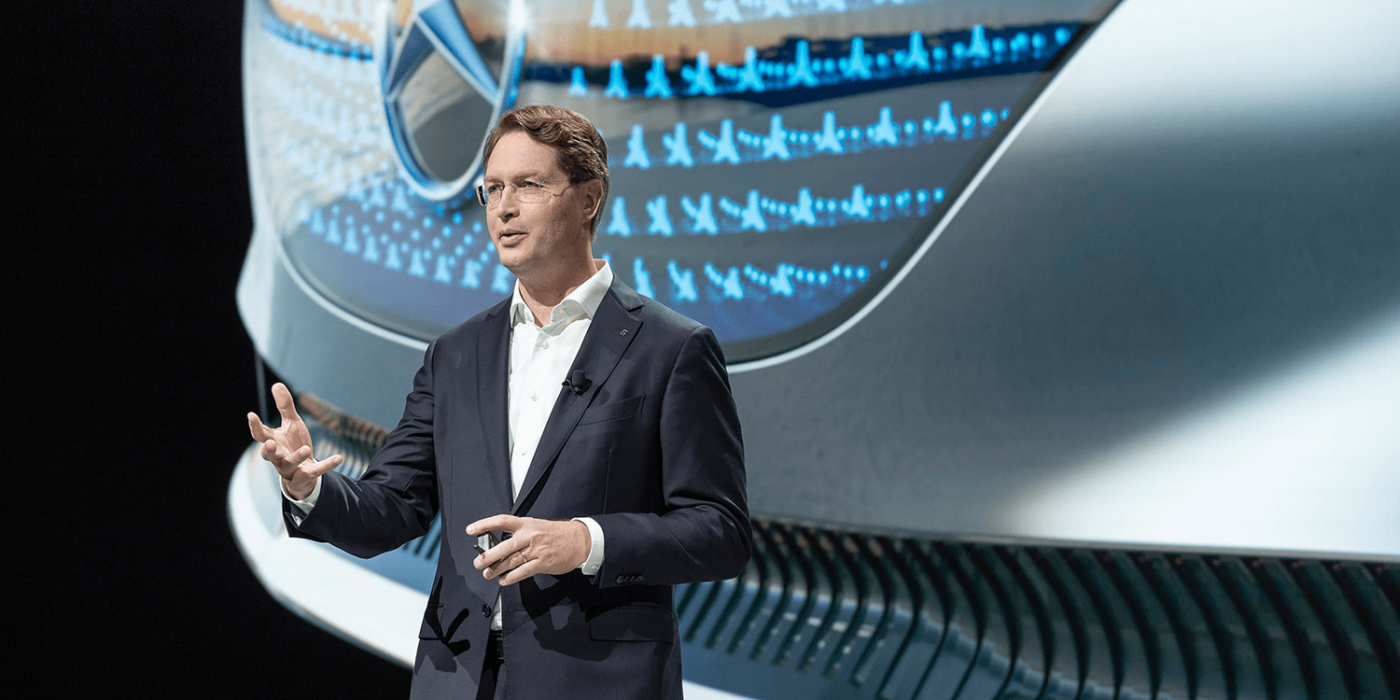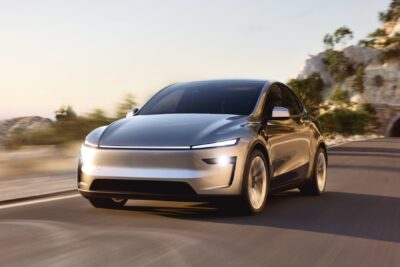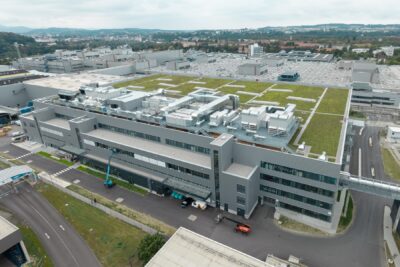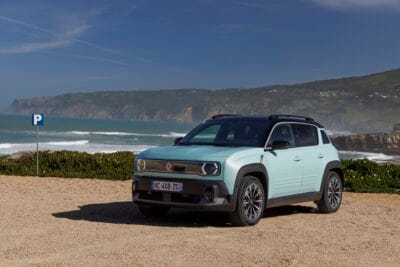Daimler to move-up combustion vehicle phase-out?
Daimler has famously set itself the goal of achieving a CO2-free fleet by 2039. Now, the company is considering an early end to the combustion engine. In an interview, Daimler CEO Ola Källenius already hinted that the interim targets for electric vehicles could be revised upwards.
As reported by the German publication Handelsblatt without naming sources, Källenius is, however, running through scenarios in the board of directors, according to which Mercedes could offer only new cars with electric units as early as five or eight years earlier. Until now, the farewell to diesel and petrol was scheduled for 2039.
According to the report, the “symbol of this accelerated change” could be the next generation of the S-Class, which is apparently launched in 2028. “If Källenius is serious about his accelerated changeover, it would probably only be available as an electric vehicle,” says the Handelsblatt. With the S-Class’s current generation, Mercedes still deliberately decided to bring the S-Class as a more conventional car at most as a plug-in hybrid. The fully electric EQS will take over the electric part on its own platform from this autumn.
Källenius himself hinted in the interview that the previous intermediate stages for sales of pure electric cars and plug-in hybrids – a quarter by 2025, half by 2030 – could be revised upwards. In the interview, however, he did not comment on an earlier exit from the world of combustion cars.
However, Källenius expects to achieve just as high margins with electric cars as with combustion engines by 2030. Once cost parity has been achieved, there is no reason to stick with the internal combustion engine and argue the company’s inquiring minds, especially since there is enough money for the conversion.
From the board’s point of view, however, the workers’ representatives could put the brakes on this change. The dispute over the relocation of some components from Stuttgart to Poland has not yet been forgotten. After the works council vetoed the move, the board threatened not to build a technology centre for electromobility in Stuttgart. The works council continues to demand its own electric motors and other electric car components, such as large-scale production of battery cells. However, the board of directors – Källenius and CFO Harald Wilhelm are explicitly named in the report – only want to buy battery cells and rely on cooperations in other areas. “In this way, everything could possibly go much faster,” writes the Handelsblatt. In other words, Källenius does not want to delay setting up his own cell production.
The recently announced spin-off of the truck division by the end of the year plays an important role in the possible preference for phasing out internal combustion engines. Without Daimler Truck’s business, which will probably remain combustion-heavy for a few more years, the car and van division (the future Mercedes-Benz AG) will be able to focus more quickly on e-drives, according to the calculation.
“Electric first” or “Electric only”?
However, in other areas, the separation raises questions: Since Daimler Truck was previously an integral part of the group, all activities around fuel cell development and a lot of know-how around autonomous driving were also bundled there. Both cases were seen more in the commercial vehicles at the Stuttgart headquarters: long-distance trucks move more uniformly on the motorway than passenger cars so that autonomous driving functions could be brought to market more quickly here than in passenger cars. The only problem is that if Daimler Truck and Mercedes-Benz soon become two independent companies, access to these developments will also be lost.
Nevertheless, according to the reports, the current “electric first” strategy seems to be rapidly turning into “electric-only. Daimler CEO Källenius seems to have taken a liking to this idea. This could also influence the coming models: BMW’s multi-purpose approach to platforms, which Daimler has also followed so far, is apparently being questioned – models like the EQC and EQA are known to be based on combustion engine platforms, only the EQS resorts to an electric-only platform.
As Handelsblatt writes concerning company circles, top management is also considering other options for the platform strategy: “The most radical would have the consequence that the compact car platform MMA starting in 2024 could already be the last new architecture on which internal combustion engines are still built-in high numbers.”
With reporting by Sebastian Schaal, Germany.
handelsblatt.com (in German)





2 Comments